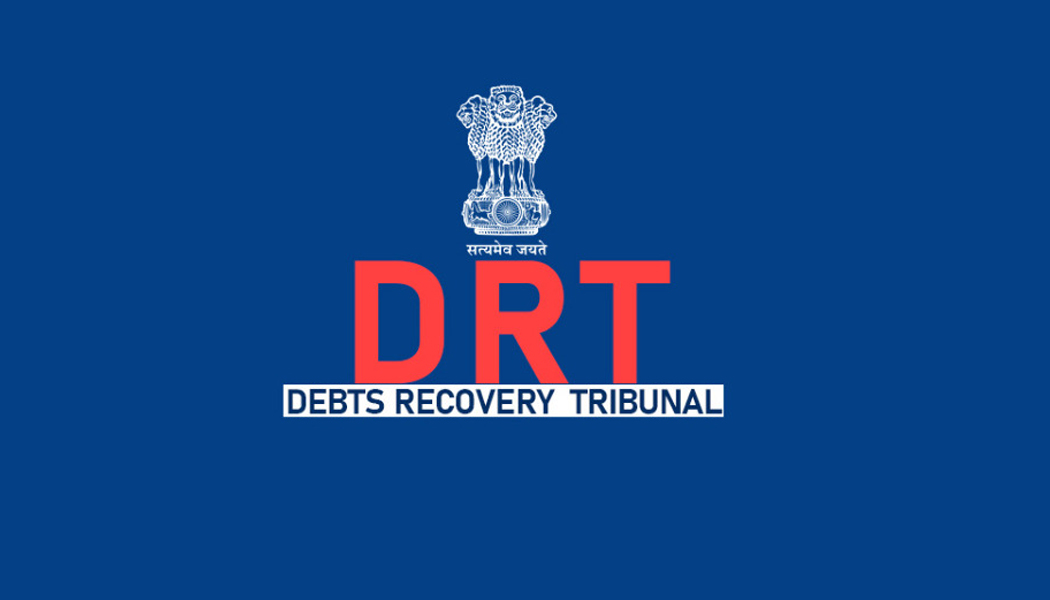
Types of Cases Handled by DRT
Types of Cases Handled by the Debt Recovery Tribunal (DRT): A Lawyer’s Perspective
As a lawyer specializing in matters before the Debt Recovery Tribunal (DRT), I’ve witnessed a wide range of cases come through my doors. The DRT, established under the Recovery of Debts Due to Banks and Financial Institutions Act, 1993, plays a crucial role in facilitating swift and efficient debt recovery for banks and financial institutions.
Here’s a breakdown of the main types of cases handled by the DRT:
1. Recovery of Loans and Debts:
- This forms the core of DRT proceedings. Banks and financial institutions can approach the DRT for recovering outstanding loans exceeding ₹10 lakhs (as of 2023) against various borrowers, including:
- Individuals
- Companies
- Societies
- Trusts
- The types of loans covered by the DRT include:
- Secured loans (e.g., mortgages, car loans)
- Unsecured loans (e.g., personal loans, credit card dues)
- Working capital loans
- Agricultural loans
2. Securitization and Reconstruction of Financial Assets and Enforcement of Security Interests (SARFAESI) Act Cases:
- Under the SARFAESI Act, 2002, banks and financial institutions can take possession of secured assets (e.g., mortgaged property) without resorting to court proceedings in case of loan defaults.
- However, borrowers can challenge such actions before the DRT, raising issues like:
- Improper valuation of the secured asset
- Non-compliance with SARFAESI procedures
- Unfairness of the proposed sale of the asset
3. Miscellaneous Applications:
- The DRT also handles various miscellaneous applications related to debt recovery proceedings, such as:
- Applications for setting aside ex parte orders (orders passed without hearing the borrower)
- Applications for stay of recovery proceedings
- Applications for appointment of receivers to manage the secured assets
- Applications for condonation of delay in filing appeals
Navigating the DRT Landscape:
As a lawyer, I advise clients to approach DRT proceedings with a clear understanding of their rights and obligations. Seeking legal counsel early on is crucial, as the DRT has fast-paced procedures and strict timelines.
Remember, the DRT is a specialized tribunal with its own set of rules and procedures. Engaging a lawyer with expertise in DRT matters can significantly enhance your chances of a successful outcome.
Here are some additional points to consider:
- The DRT has a nationwide jurisdiction, with benches located in various cities across India.
- The DRT proceedings are generally less formal than regular court proceedings.
- The DRT aims for speedy disposal of cases, with timelines for each stage of the proceedings.
- Appeals against DRT orders can be filed with the Debt Recovery Appellate Tribunal (DRAT).
I hope this overview provides a basic understanding of the types of cases handled by the DRT. If you have any specific questions or require legal advice regarding a DRT matter, feel free to consult with a qualified lawyer specializing in this area.
Adcocate J.S. Rohilla (Civil & Criminal Lawyer in Indore)
Contact: 88271 22304
